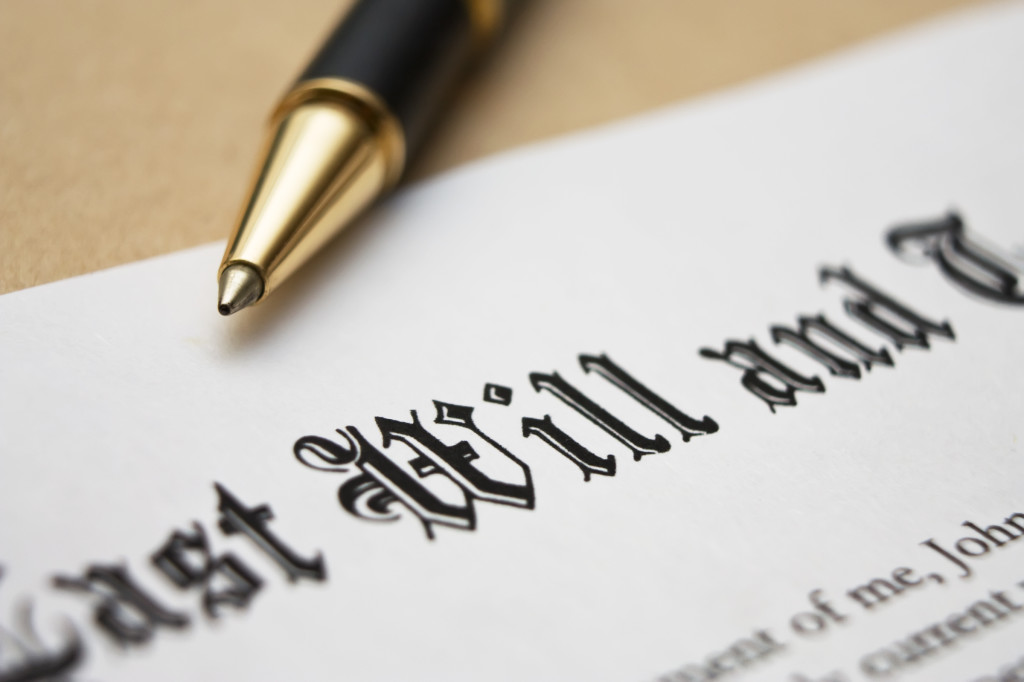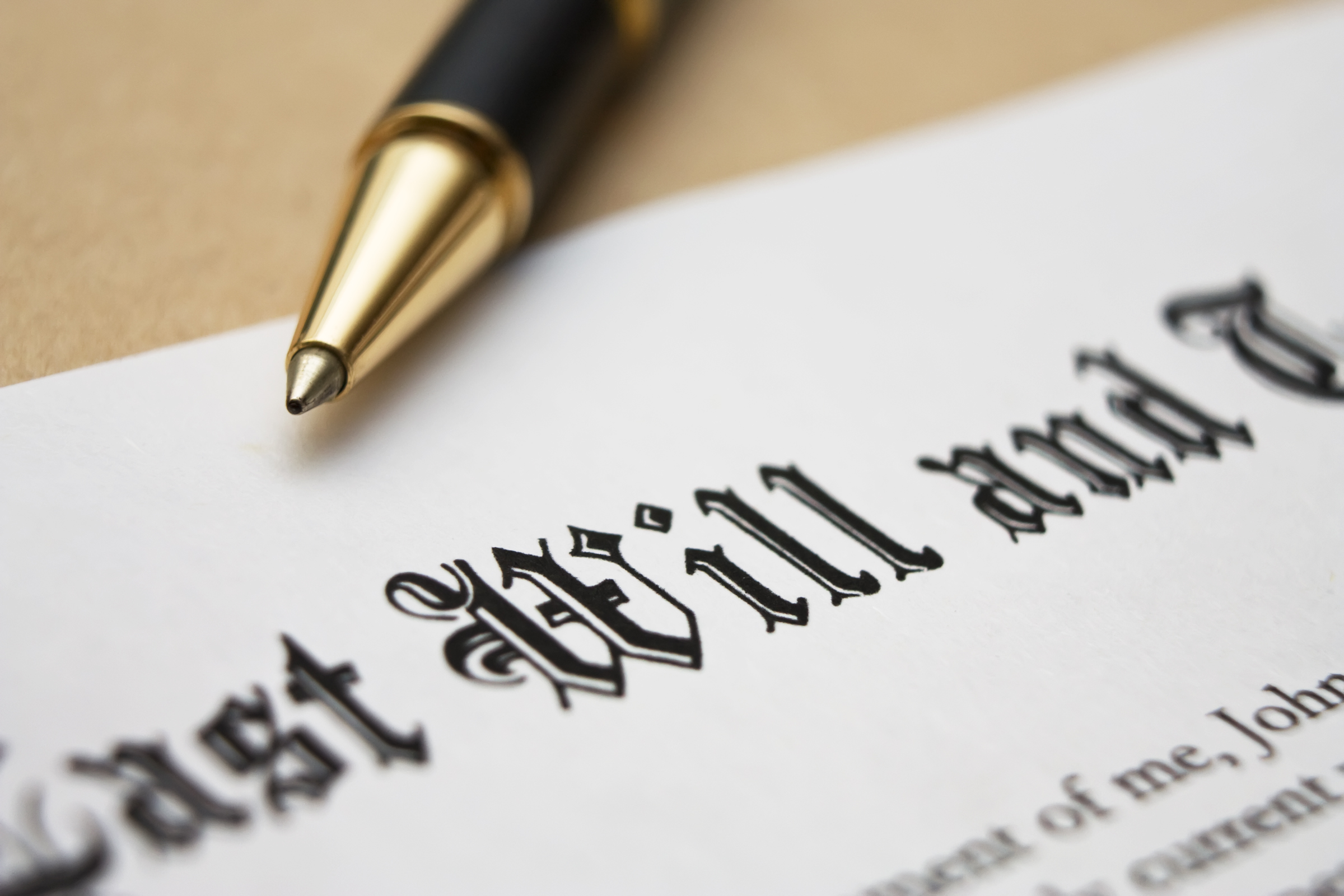
Do you know what Prince and Jimi Hendrix have in common, other being music icons? Each of the musicians died without having a will.
Two years have passed since Prince unexpectedly died, and the fight to determine who gets Prince’s money and estate is still going on strong, with no signs of being resolved anytime soon. And it’s been nearly 50 years since guitar virtuoso Hendrix died and his family is still fighting over his estate!
You may not have the wealth and fame like Prince and Hendrix, but you can do something he didn’t: take the time to create a will.
If you don’t have a will, you’re in good company. Seventy percent of Americans don’t have one. Many people put off writing this legal document because they believe it will be costly or difficult, that it is unnecessary because their possessions will automatically pass to their spouse or children, or simply to avoid thinking about their own death. Wrong, wrong, wrong.
Writing a will is critically important for all adults regardless of wealth, marital status or age. It will be one of the most important things you can do for yourself and your family because it sets forth your wishes.
How does a will work? It’s fairly simple. You, as the testator, declare who will manage your estate after you die. The person named in the will to manage your estate is called the executor, because he or she executes your stated wishes.
If you die without a valid will like Prince, Howard Hughes and Pablo Picasso, just to name a few other celebrities, you’ll become what’s called intestate. That means your estate will be settled based on the laws of your state that outline who inherits what. The rules vary from state to state. For example, a surviving spouse might get everything in one state but only one-third in another, with the rest going to the children. If you have no children, half might go to a spouse and half to your parents.
Since no executor was named, a judge appoints an administrator to serve in that capacity. Most likely, the administrator will be a total stranger to you and your family, and he or she will be bound by the letter of the probate laws of your state. As such, the administrator may make decisions that wouldn’t necessarily agree with your wishes or those of your heirs.
What are some of the other positives to having a will? A will can make the transfer of assets a much less confusing and difficult task. A will tells the executor how his or her assets should be divided. A will can also indicate in what order heirs should receive these assets, in case funds run out before all bequests are fulfilled. If you have minor or disabled children, a will lets you provide for their care. If you have children from a prior marriage, even if they are adults, your will can dictate the assets they receive.
Creating a will also minimizes tensions among survivors. Relatives battling over your possessions can weaken what may have otherwise been a strong family. And in the end, do you really want your family fighting over your stuff?
A will lets you direct your assets to charities, institutions or organizations. Want to leave a sizable endowment to your church, high school or college? Creating this important document now will allow that.
To maximize the likelihood that your wishes are carried out, you want a will that is set forth in writing. The in writing is a major issue. Grandpa telling family members they can have this and that is one thing; getting it in writing is another.
In short, a will allows you to:
• Speak when you’re no longer able to speak
• Provide for the welfare of family and/or friends
• Pass along your assets as intended
• Arrange for the efficient management of your property.
No one is promised tomorrow. Procrastination and the unwillingness to accept death as part of life are common. Sometimes the realization that wills are necessary comes too late, such as when an unexpected death or disability occurs. To avoid the added stress on families during an already emotional time, it may be wise to meet with an estate planning lawyer to help you draw up a basic will.
In no way does this article presume solid legal advice. It is to serve as a consumer guide in the
complicated world of long-term care and financial strategies. It is best to consult an elder law attorney who can properly advise and draw up the necessary legal documents.




